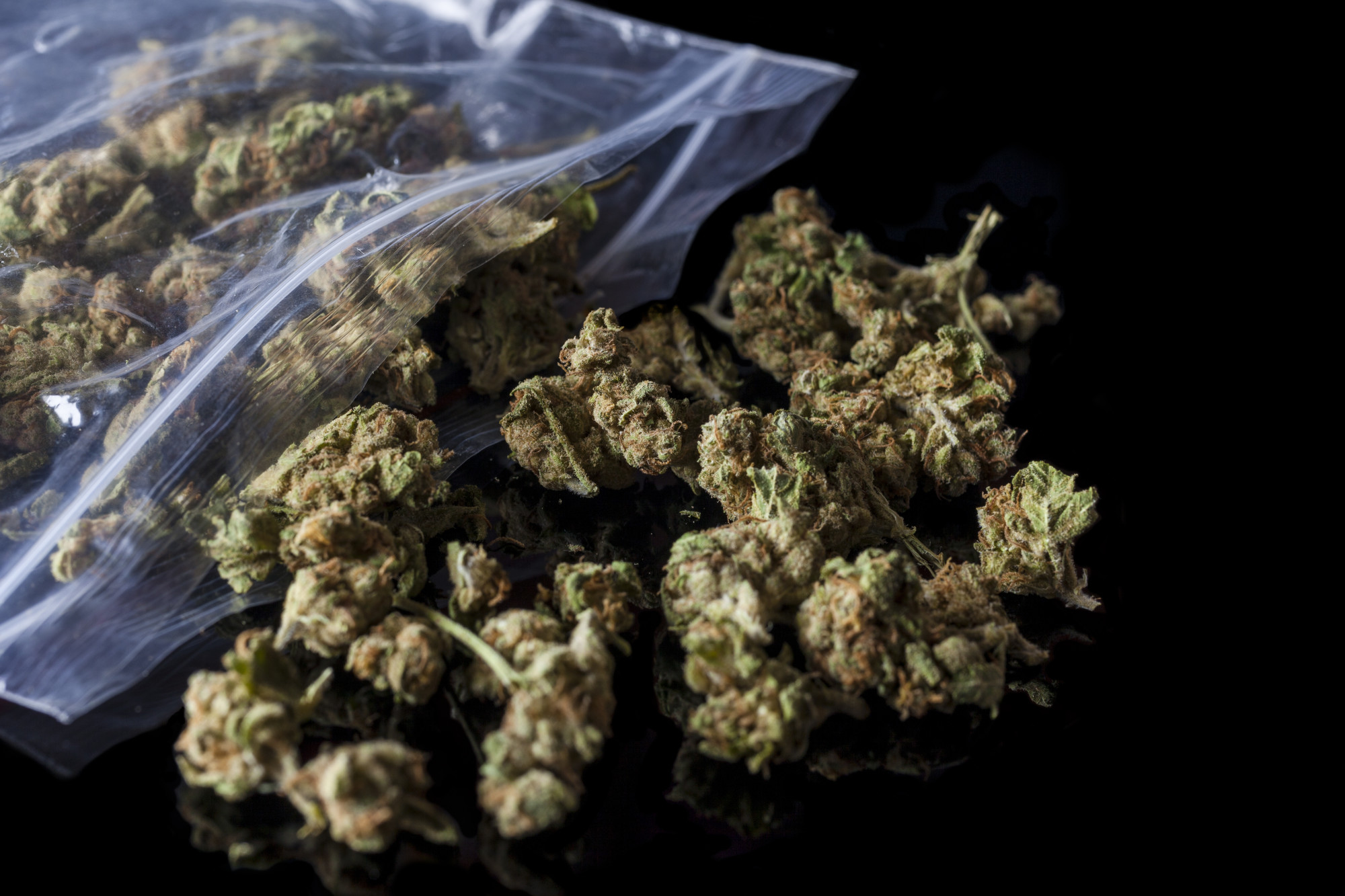Medical marijuana is bringing relief to millions of people suffering from painful and debilitating conditions. But navigating the medical marijuana landscape isn’t easy, even though it is estimated that one in five Americans has a condition that could be improved by its use.
Over 30 states now allow for the use of medical marijuana with a valid medical marijuana card. Sounds easy enough right? Not quite. Each state has its own policies on what constitutes a qualifying medical condition.
Table of Contents
Knowing How to Obtain a Medical Marijuana Card
It’s no wonder people find the system so confusing, a condition treated in one state, may not be in another.
Are you wondering how to obtain a medical marijuana card? If yes, then check out this guide on the qualifying conditions by state before heading to your local marijuana dispensaries.
Arizona
- Cancer
- Glaucoma
- HIV/AIDS
- Hepatitis C
- Amyotrophic Lateral Sclerosis (ALS)
- Crohn’s Disease
- Alzheimer’s disease
*You may also qualify for a medical cannabis card if you are suffering from a“chronic or debilitating disease or treatment of such diseases which produces, for a specific patient, one or more of the following”:
- Cachexia (wasting syndrome)
- Severe and chronic pain
- Severe nausea
- Seizures/epilepsy
- Severe or persistent muscle spasms (including those that are characteristic of multiple sclerosis)
Arkansas
- Cancer
- Glaucoma
- HIV/AIDS
- Hepatitis C
- Amyotrophic Lateral Sclerosis (ALS)
- Tourette’s syndrome
- Crohn’s disease
- Ulcerative colitis
- Post-traumatic stress disorder (PTSD)
- Severe arthritis
- Fibromyalgia
- Alzheimer’s disease
- Cachexia or wasting syndrome
- Peripheral neuropathy
- Intractable pain (pain that has not responded to ordinary medications, treatment or surgical measures for more than six months)
- Severe nausea
- Epilepsy/seizures
- Persistent muscle spasms (including those that are characteristic of multiple sclerosis)
*Any other medical condition or its treatment which is approved by the Department of Health.
California
No specific qualifying conditions – the use of medical marijuana and the provision of a medical marijuana card in California is at the physician’s discretion.
Colorado
- Cancer
- Glaucoma
- HIV/AIDS
- Cachexia
- Persistent muscle spasms
- Seizures
- Severe nausea
- Severe pain
- Post-traumatic stress disorder (PTSD)
Connecticut
- Cancer
- Glaucoma
- HIV/AIDS
- Parkinson’s Disease
- Multiple sclerosis
- Spinal cord damage/intractable spasticity
- Epilepsy/uncontrollable seizures
- Cachexia/wasting syndrome
- Crohn’s disease
- Post-traumatic stress disorder (PTSD)
- Sickle cell disease
- Post laminectomy syndrome w/ chronic radiculopathy
- Severe psoriasis and psoriatic arthritis
- Amyotrophic Lateral Sclerosis (ALS)
- Ulcerative colitis
- Complex regional pain syndrome
- Cerebral palsy
- Cystic fibrosis
- Terminal illness requiring end-of-life care
- Spasticity or neuropathic pain associated with fibromyalgia
- Severe rheumatoid arthritis
- Postherpetic neuralgia
- Hydrocephalus with intractable headache
- Intractable headache syndromes
- Neuropathic facial pain
- Muscular dystrophy
- Osteogenesis imperfecta
Delaware
- Terminal illness
- Cancer
- HIV/AIDS
- Decompensated cirrhosis
- Amyotrophic lateral sclerosis (ALS/Lou Gehrig’s Disease)
- Agitation of Alzheimer’s disease
- Post-traumatic stress disorder (PTSD)
- Intractable epilepsy
- Autism (w/ self-injurious or aggressive behavior)
- Glaucoma
- Chronic debilitating migraines
*You may also qualify for a medical cannabis card if you are suffering from a“chronic or debilitating disease or treatment of such diseases which produces, for a specific patient, one or more of the following”:
- Cachexia or wasting syndrome
- Severe, debilitating pain that has not responded to previously prescribed medication or surgical measures for more than three months, or for which other treatment options produced serious side effects.
- Intractable nausea
- Seizures
- Severe and persistent muscle spasms, including but not limited to those that are characteristic of multiple sclerosis
Florida
- Cancer
- Epilepsy
- Glaucoma
- HIV/AIDS
- Post-traumatic stress disorder (PTSD)
- Amyotrophic lateral sclerosis (ALS)
- Crohn’s disease
- Parkinson’s disease
- Multiple sclerosis (MS)
- Medical conditions of the same kind or class as or comparable to those above
- A terminal condition diagnosed by a physician other than the qualified physician issuing the physician certification
- Chronic nonmalignant pain caused by a qualifying medical condition or that originates from a qualifying medical condition and persists beyond the usual course of that qualifying medical condition
Hawaii
- Amyotrophic lateral sclerosis (ALS)
- Cancer
- Glaucoma
- Lupus
- Epilepsy
- Multiple sclerosis (MS)
- Rheumatoid arthritis
- HIV/AIDS
- Post-traumatic stress disorder (PTSD)
*You may also qualify for a medical cannabis card if you are suffering from a“chronic or debilitating disease or treatment of such diseases which produces, for a specific patient, one or more of the following”:
- Cachexia (wasting syndrome)
- Severe pain
- Severe nausea
- Seizures/epilepsy
- Severe and persistent muscle spasms (including those that are characteristic of multiple sclerosis or Crohn’s disease)
Illinois
- Agitation of Alzheimer’s disease
- HIV/AIDS
- Amyotrophic lateral sclerosis (ALS)
- Arnold-Chiari malformation
- Cancer
- Causalgia
- Chronic inflammatory demyelinating polyneuropathy
- Crohn’s disease
- CRPS (complex regional pain syndrome Type II)
- Dystonia
- Fibrous dysplasia
- Glaucoma
- Hepatitis C
- Hydrocephalus
- Hydromyelia
- Interstitial cystitis
- Lupus
- Multiple sclerosis
- Muscular dystrophy
- Myasthenia gravis
- Myoclonus
- Nail-patella syndrome
- Neurofibromatosis
- Parkinson’s disease
- Post-concussion syndrome
- Post-traumatic stress disorder (PTSD)
- Reflex sympathetic dystrophy
- Residual limb pain
- Rheumatoid arthritis
- Seizures (including those that are characteristic of epilepsy)
- Severe fibromyalgia
- Sjogren’s syndrome
- Spinal cord disease (including but not limited to arachnoiditis)
- Spinal cord injury i.e. damage to the nervous tissue of the spinal cord with objective neurological indication of intractable spasticity
- Spinocerebellar ataxia
- Syringomyelia
- Tarlov cysts
- Tourette syndrome
- Traumatic brain injury
- Cachexia/wasting syndrome
Louisiana
- Cancer
- HIV/AIDS
- Cachexia or wasting syndrome
- Seizure disorders/epilepsy
- Spasticity
- Crohn’s disease
- Muscular dystrophy and multiple sclerosis
- Glaucoma
- Parkinson’s disease
- Severe muscle spasms
- Intractable pain
- Post-traumatic stress disorder (PTSD)
*Any of these particular conditions associated with autism spectrum disorder:
- Repetitive or self-stimulatory behavior of such severity that the physical health of the person with autism is jeopardized
- Avoidance of others or inability to communicate of such severity that the physical health of the person with autism is jeopardized
- Self-injuring behavior
- Physically aggressive or destructive behavior
Maine
- Cancer
- Glaucoma
- HIV/AIDS
- Hepatitis C
- Amyotrophic lateral sclerosis (ALS)
- Alzheimer’s disease
- Nail-patella syndrome or the treatment of these conditions;
- A chronic or debilitating disease or medical condition or its treatment that produces intractable pain, which is pain that has not responded to ordinary medical or surgical measures for more than six months
*You may also qualify for a medical cannabis card if you are suffering from a“chronic or debilitating disease or treatment of such diseases which produces, for a specific patient, one or more of the following”:
- Cachexia or wasting syndrome
- Severe nausea
- Seizures (including but not limited to those that are characteristic of epilepsy)
*Any other medical condition or its treatment as approved by the DHHS, or:
- Post-traumatic stress disorder (PTSD)
- Inflammatory bowel disease (IBD)
- Dyskinetic and spastic movement disorders
- Other diseases causing severe and persistent muscle spasms
Maryland
- Cachexia/wasting syndrome
- Anorexia
- Severe pain
- Severe nausea
- Seizures
- Severe or persistent muscle spasms
- Glaucoma
- Post-traumatic stress disorder (PTSD)
- Chronic pain
Don’t See Your State?
Knowing how to obtain a medical marijuana card is essential for many patients seeking the care and relief they deserve.
If you don’t see the state you’re looking for above check out our health section for more information or speak with your local doctor on receiving a medical marijuana card.



















